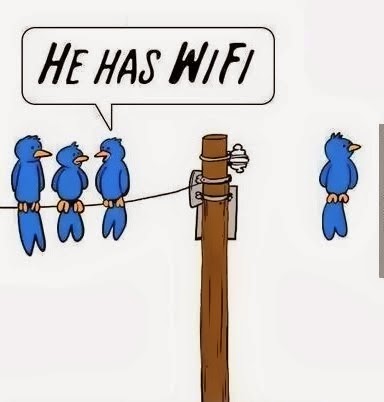Rocky Top Survey-4th Period
20 Minutes of independent reading (This is week #33)
Mini-Lesson Topic:
Reading Information: Standard #2 (Key Ideas and Details)
Close Reading: The Great Fire
Question(s) to guide learning:
How does knowing the central idea and supporting details of a text improve reading comprehension?
Work Time:
Close reading of the excerpt from The Great Fire
1) Guidelines for Writing a Summary
2) Elements of a Paragraph
3) Determine a Central Idea Note Catcher
How students will know they are successful:
1) Guidelines for Writing a Summary
2) Elements of a Paragraph
3) Determine a Central Idea Note Catcher
How students will know they are successful:
I can determine the central idea of a text.
I can summarize the key supporting details and ideas.
Debrief: I can summarize the key supporting details and ideas.
Homework:
Independent reading (At least 30 minutes) EVERY day! Yes, even on the weekends!
Update reading list
Notes:
Complete and turn in any missing assignments.
Click here for a Late Assignment Turn In Sheet for any late or resubmitted work.





















